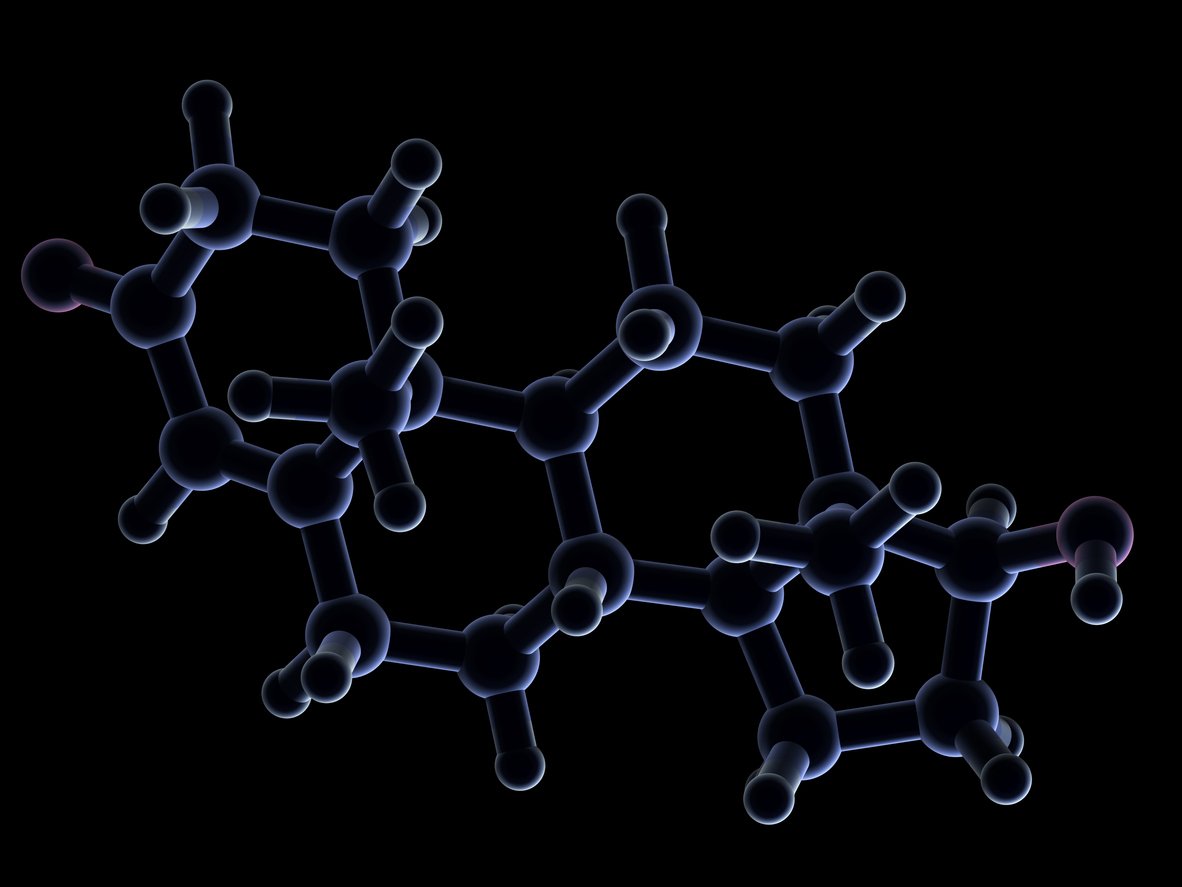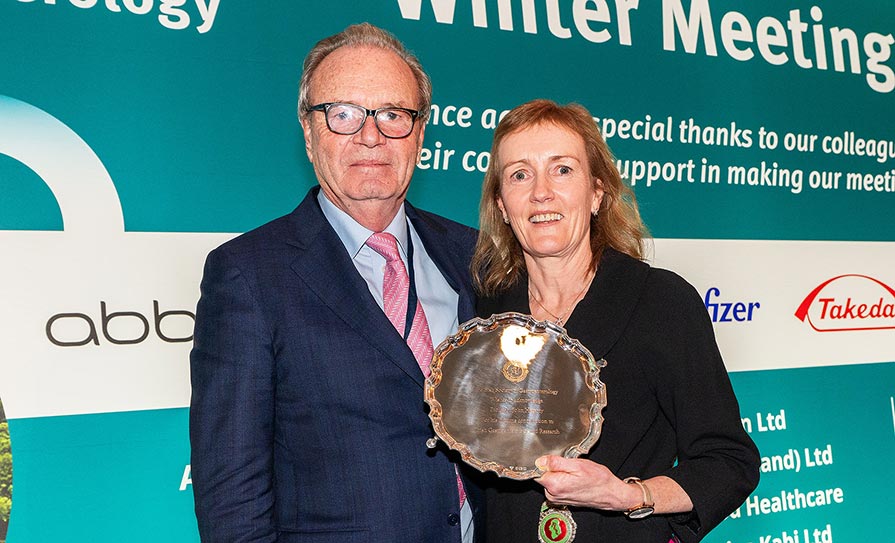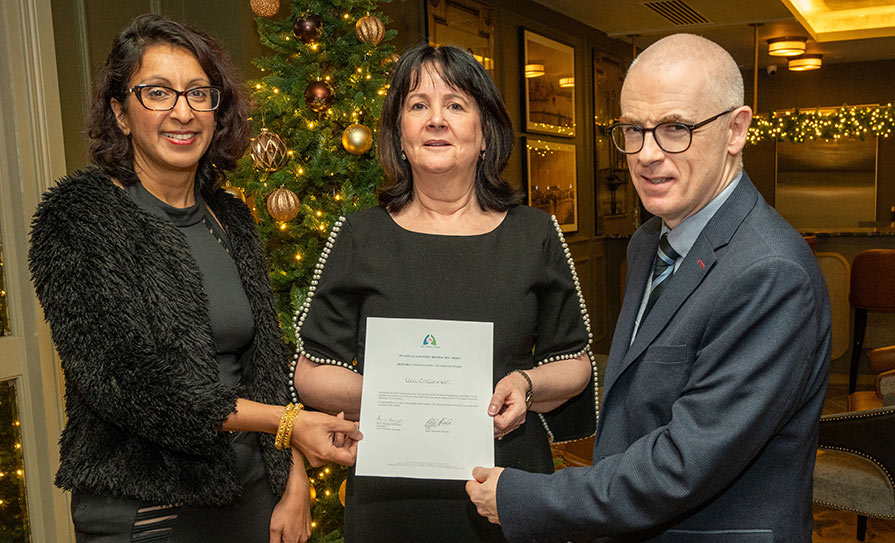The most important criteria for the diagnosis of hypogonadism are symptoms, comorbidities and low serum testosterone levels, Prof Eberhard Nieschlag, University of Münster, Germany, reminded participants at the 45th Annual Meeting of the IES. Described as the world’s foremost authority on testosterone, he gave two presentations online to the Society. As a keynote speaker, he delivered this year’s IES Hadden Lecture on ‘The cultural and medical history of testosterone and the testes’.
He also gave a detailed summary on ‘Testosterone substitution: For whom, when and how’?
In his presentation at the opening of the conference, he highlighted that testosterone replacement was available in intramuscular, transdermal, and oral preparations and the patient could, more or less, decide what they preferred. Regular monitoring after three, six, and 12 months – then at least annually – was mandatory, he stressed.
The most important parameters were the haematocrit, prostate specific antigen (PSA) and bone density. Testosterone substitution had positive effects on the following: Anaemia; osteoporosis; obesity; metabolic syndromes; diabetes; and erectile dysfunction.
After a disease-free year, he added that patients with prostate carcinoma may receive testosterone replacement if they had low testosterone levels. In delivering the 2021 Hadden Lecture on Friday afternoon, he outlined the history of testosterone, which was identified in 1935 and was synthesised in the same year.
Looking to the future of testosterone substitution, Prof Nieschlag anticipated it would be modified according to pharmacogenetic findings, which could be used for better adaptation for the patient. He expected improved modes of application would also be introduced, eg scrotal implants with controlled release responding to physiologic needs would be a great advantage. Another benefit would be the regulation of complex interactions of the endocrine and other systems by computers and by artificial intelligence. Selective androgen receptor modulators would have little impact on clinical practice because they had the same history as the anabolic steroids, he believed.
He predicted – and hoped – that the male hormonal contraceptive, based on testosterone, would become available.
Prof Nieschlag was convinced that moderate testosterone substitution for athletes would become accepted as part of sports medicine and sports endocrinology.
Finally, he added, transplantation of Leydig cells, possibly derived from stem cells, would make pharmacologic substitution superfluous. The meeting heard from a second prestigious international speaker, Prof Mehul Dattani, as part of this year’s paediatric lecture on novel insights into management of congenital hypopituitarism.
Prof Dattani, Great Ormond Street Hospital for Children, University College London Hospitals, and Institute of Child Health, highlighted the many issues affecting children with the condition. He spoke on hypopituitarism in children and focused particularly on congenital hypopituitarism.
In children the main causes seen were congenital, in contrast to adult patients with hypopituitarism. Hypopituitarism in children may be genetic or associated with structural defects of the brain – midline defects mainly – Prof Dattani told the Annual Meeting.













Leave a Reply
You must be logged in to post a comment.